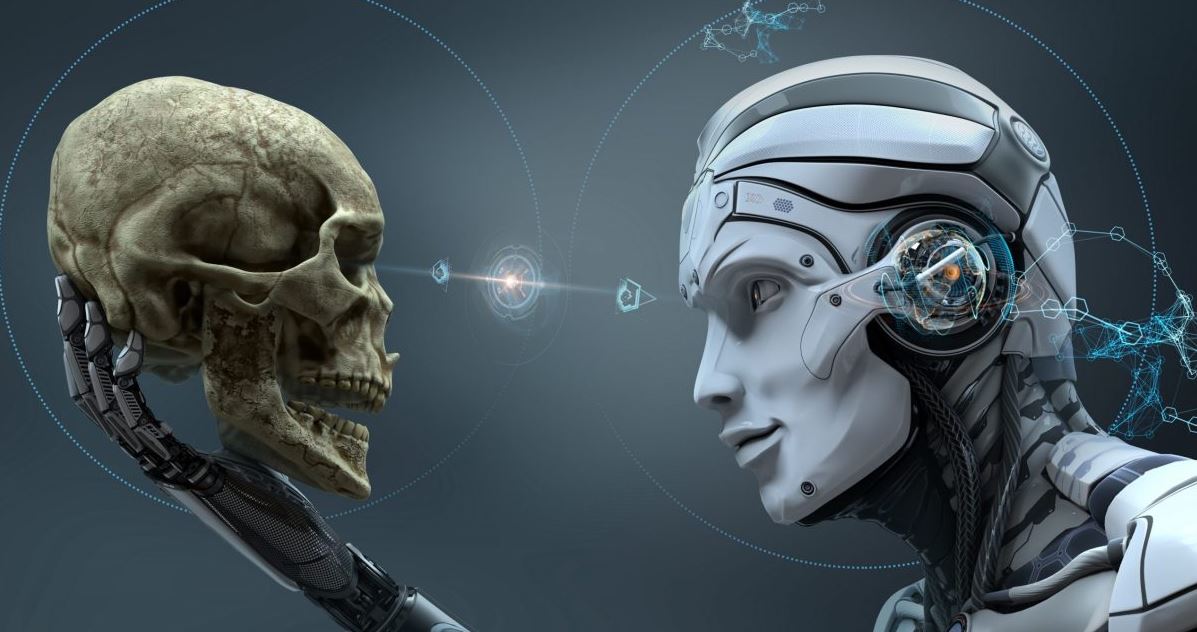by Michael Rectenwald, Activist Post:

[This piece is an excerpt from The Great Reset and the Struggle for Liberty.]
The notion that the world can be replicated and replaced by a simulated reality says a great deal about the beliefs of those who promote the metaverse [treated in the previous chapter]. The conception is materialist and mechanistic at base, the hallmarks of social engineering. It represents the world as consisting of nothing but manipulable matter, or rather, of digital media mimicking matter. It suggests that human beings can be reduced to a material substratum and can be induced to accept a technological reproduction in lieu of reality.
TRUTH LIVES on at https://sgtreport.tv/
Further, it assumes that those who inhabit this simulacrum can be controlled by technocratic means. Such a materialist, mechanistic, techno-determinist, and reductionist worldview is consistent with the transhumanist belief that humans themselves will soon be succeeded by a new transhuman species, or humanity-plus (h+)—perhaps a genetically and AI-enhanced cyborg that will outstrip ordinary humans and make the latter virtually obsolete.
The term transhumanism was coined by Julian Huxley, the brother of the novelist Aldous Huxley and the first director-general of the United Nations Educational, Scientific and Cultural Organization (UNESCO). In an essay entitled “Transhumanism,” published in the book New Bottles for New Wine (1957), Huxley defined transhumanism as the self-transcendence of humanity:
The human species can, if it wishes, transcend itself—not just sporadically, an individual here in one way, an individual there in another way, but in its entirety, as humanity. We need a name for this new belief. Perhaps transhumanism will serve: man remaining man, but transcending himself, by realizing new possibilities of and for his human nature.1
One question for transhumanism is indeed whether this transcendence will apply to the whole human species or rather for only a select part of it. But Huxley gave some indication of how this human self-transcendence might occur: humanity would become “managing director of the biggest business of all, the business of evolution . . .”2 As the first epigraph to this Part makes clear, Julian Huxley was a proponent of eugenics. And he was the President of the British Eugenics Society.3 It was in his introduction of UNESCO, as the director-general that he suggested that eugenics, after the Nazi regime had given it such a bad name, should be rescued from opprobrium, “so that much that now is unthinkable may at least become thinkable.”4 As John Klyczek has noted, “In the wake of vehement public backlash against the atrocities of the Nazi eugenic Holocaust, Huxley’s eugenics proper was forced to go under-ground, repackaging itself in various crypto-eugenic disguises, one of which is ‘transhumanism.’” Transhumanism, Klyczek suggests, is “the scientific postulate that human evolution through biological-genetic selection has been largely superseded by a symbiotic evolution that cybernetically merges the human species with its own technological handiwork.”5
Contemporary transhumanist enthusiasts, such as Simon Young, believe that humanity can take over where evolution has left us to create a new and improved species—either ourselves, or a successor to ourselves:
We stand at a turning point in human evolution. We have cracked the genetic code; translated the Book of Life. We will soon possess the ability to become designers of our own evolution.6
In “A History of Transhumanist Thought,” Nick Bostrom details the lineage of transhumanist thought from its prehistory to the present and shows how transhumanism became wedded to the fields of genomics, nanotechnology, and robotics (GNR), where robotics is inclusive of Artificial Intelligence (AI).7 It is the last of these fields that primarily concerns us here. The transhumanist project has since envisioned the transcendence of humanity via technological means. In the past thirty years, this technological transcendence has been figured as “the singularity.”



